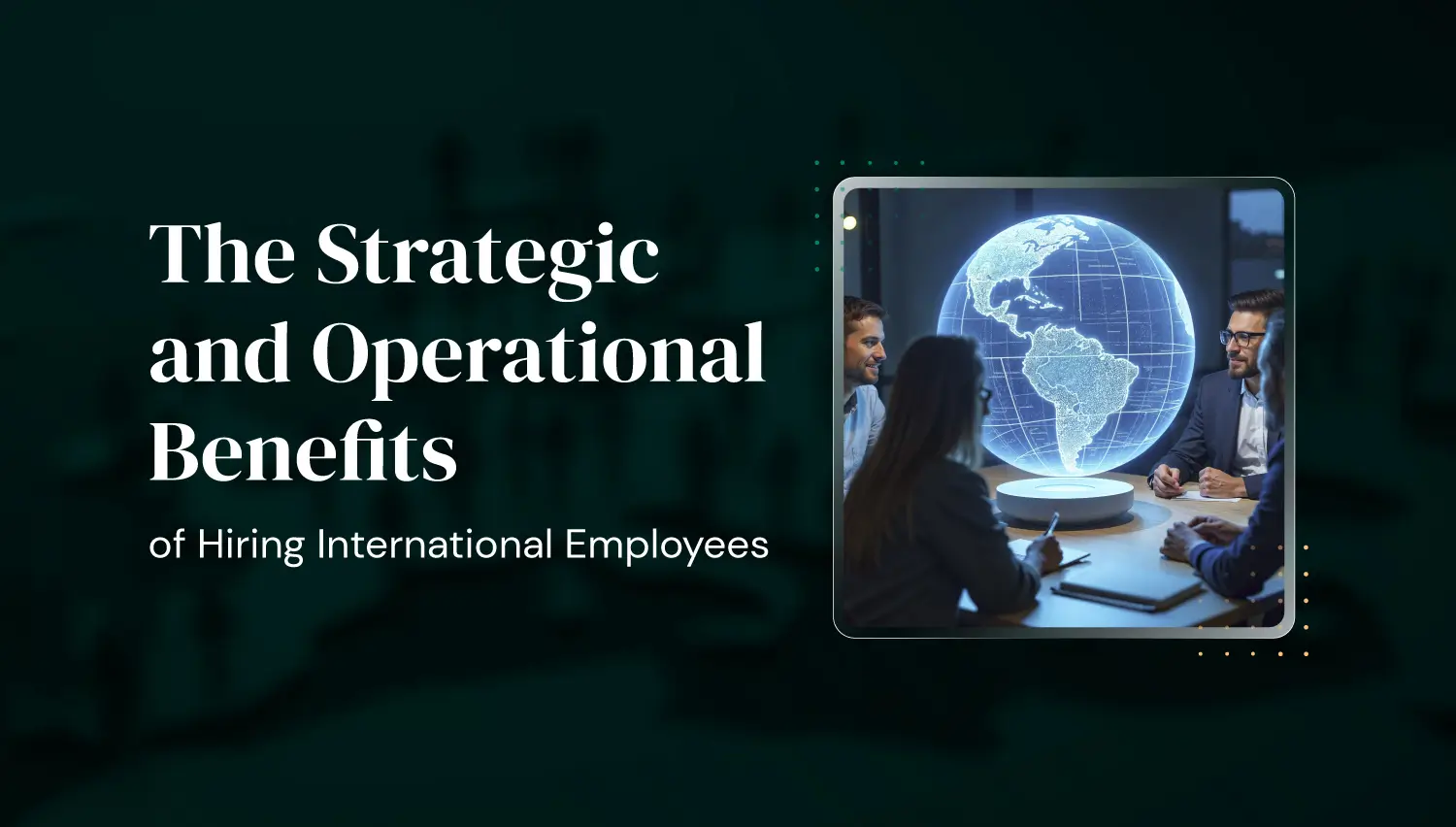I once worked with a mid-sized manufacturing firm that was constantly feeling the pinch on cash, even during peak order seasons. Their books were technically "up to date," but no one was actively interrogating the numbers. When we brought in a seasoned accountant with deep manufacturing experience, the impact was immediate. Within three months, they spotted a pattern of small overcharges from a raw materials supplier (worth nearly $40,000 a year), flagged excessive overtime costs tied to poor scheduling, and restructured depreciation schedules to free up capital for new equipment purchases.
This is the real value of a good accountant: rather than just processing transactions, they analyze them. They understand your cost drivers, track variances, and find efficiencies that operators might miss. In industries with tight margins, like manufacturing, those changes don't just protect the bottom line; they can unlock the funds you need to invest, expand, or weather a downturn.
How an Accountant Directly Reduces Costs
A strong accountant approaches your business finances like an engineer approaches a machine, identifying inefficiencies, fine-tuning processes, and ensuring every moving part works toward peak performance. Their work often translates into savings you can measure in tens or hundreds of thousands of dollars.
Eliminating Operational Waste Before It Becomes Expensive
Small process inefficiencies can quietly drain profit in any business, whether that's excess raw materials in manufacturing, unnecessary overtime in services, or redundant software licenses in tech. A skilled accountant will examine variance reports, supplier invoices, and departmental budgets to pinpoint where actual spending deviates from what's expected.
Maximizing Tax Position Through Strategic Planning
Tax savings aren't won at year-end; they're engineered throughout the year. A seasoned accountant maps purchases, sales, and asset disposals against tax calendars to ensure you capture every available advantage.
For the same manufacturing company I mentioned earlier, this meant scheduling equipment upgrades in a quarter that allowed them to accelerate depreciation under a favourable tax incentive, freeing up $80,000 in deductions that could be reinvested in production capacity.
Industry-specific credits, such as energy efficiency rebates or R&D incentives, often go unnoticed without someone actively tracking them. The right accountant treats these not as an afterthought but as part of the job.
Strengthening Cash Flow and Negotiating Better Terms
Profit on paper means little if cash is stuck in receivables or tied up in slow-moving inventory. Skilled accountants review aging reports to identify chronic late payers, then work with leadership to adjust credit terms or incentivize early payment. On the supply side, they can renegotiate terms with vendors to spread out payments without incurring penalties, smoothing cash cycles and reducing reliance on credit lines.
In our example, the accountant noticed the company was paying a key supplier within 15 days despite having 45-day terms available. By adjusting the payment schedule, they freed up nearly $100,000 in working capital without impacting supplier relationships.

Turning Numbers Into Decisions
Good accountants don't just track the numbers; they turn them into clear, actionable direction for the business. That might mean taking cost data and linking it to operational issues, building "what-if" forecasts to test different hiring or investment scenarios, or highlighting trends in customer payment behaviour that affect cash flow.
By providing this level of analysis, accountants give leadership the ability to act before issues become expensive. A report showing that a specific product line has steadily declining margins isn't just information; it's a signal to review pricing, renegotiate supplier terms, or pivot resources. Likewise, a forecast showing a seasonal dip in cash allows you to secure financing or cut discretionary spend in advance, rather than reacting in crisis mode.
When numbers are translated into concrete decisions, they stop being a historical record and start becoming a competitive advantage.
Why an Accountant's Strategic Input Drives Profitability
Even in an era where accounting software can automate large parts of bookkeeping, the strategic value of a skilled accountant has never been greater. Markets shift quickly, regulations evolve, and costs are under constant pressure. The ability to see past the raw numbers to the operational and financial reality behind them is a competitive edge that software alone can't deliver.
One of the biggest mistakes I see from business leaders is treating accounting as a compliance exercise, something to keep the tax office happy. In reality, it's a discipline that shapes how you allocate capital, manage risk, and sustain profitability. Without it, companies often miss critical warning signs until they're in a cash crunch or bleeding margin.
A strong accountant delivers:
- Early detection of cost creep by continuously comparing actual spend against forecasts and budgets.
- Regulatory confidence through a clear understanding of changing tax rules, reporting requirements, and industry-specific obligations.
- Better investment timing by aligning major expenditures or hires with the company's liquidity cycles and projected revenue.
- Informed growth decisions based on accurate scenario modelling rather than gut feel.
These are not "nice-to-have" capabilities; they're essential safeguards in competitive industries where the smallest misstep can erode months of hard-won gains. Whether you're scaling, stabilizing, or preparing for a market shift, having an accountant who can see beyond the ledger ensures your next move is made with clarity, not guesswork.
How a Great Accountant Builds Internal Controls That Protect Your Bottom Line
When you hire a truly capable accountant, you're not just getting someone to "close the books." You're bringing in a safeguard for your revenue, assets, and long-term stability. Weak or absent controls allow costly errors, waste, or even fraud to go unnoticed. Strong controls, designed and maintained by an experienced accountant, ensure your financial operations are both accurate and resilient.
An effective accountant will:
- Design control points into daily processes so mistakes are caught early, not after the quarter closes.
- Implement segregation of duties so no single person controls the full lifecycle of a transaction, reducing the opportunity for misappropriation.
- Establish approval workflows and spending thresholds that keep large or unusual expenses from slipping through without oversight.
- Create documented policies for everything from expense claims to supplier onboarding, ensuring compliance and consistency across the company.
- Oversee regular reconciliations between bank accounts, ledgers, and operational records to spot discrepancies before they grow into bigger problems.
The best accountants also know how to calibrate controls so they're strong enough to protect the business without creating bottlenecks that slow growth. That balance (security without suffocating agility) is what turns internal controls from a compliance chore into a strategic asset.
Hire the Right Type of Accountant for Your Stage
Not every business needs a full-time CFO-level hire, and not every accountant is suited to every type of organization. The right match depends on your company's size, complexity, and growth goals, and making the wrong hire can be just as costly as having no accountant at all.
A well-chosen accountant will align with your needs in three key areas:
- Engagement model: Early-stage or lean businesses may benefit from a fractional or outsourced accountant who can deliver senior-level expertise without the full-time cost. Larger or more complex operations often require an in-house presence to integrate deeply with the team and systems.
- Credentials and experience: For some companies, a CPA with deep audit and tax experience is essential; for others, a CMA or industry-specialised accountant who understands cost structures, supply chains, or project accounting may add more value.
- Cultural and strategic fit: Technical skills matter, but so does how your accountant approaches problem-solving and communication. You want someone who will proactively bring insights to leadership rather than simply delivering reports on schedule.
An experienced recruiter or a specialized recruitment agency can quickly identify candidates who match your operational complexity, industry demands, and leadership style. That's how you avoid cycling through mismatched hires and instead land an accountant who drives positive results.

Set Your Accountant Up for Success from Day One
Even the most skilled accountant can only be as effective as the environment they're working in. Too often, companies hire great talent and then unintentionally limit their impact by withholding context, delaying access to systems, or keeping them siloed from operational decision-making. Setting the stage for success is as important as choosing the right person in the first place.
Here's how to create the right conditions:
- Define clear objectives and KPIs. Go beyond generic "manage the books" expectations. Set measurable targets such as reducing payment delays by 20%, cutting unnecessary spend by a set amount, or improving forecast accuracy to within a defined margin.
- Provide full visibility into the business. Give your accountant timely access to contracts, budgets, operational metrics, and leadership discussions. Financial decisions are stronger when they're made with complete context.
- Integrate them into cross-functional workflows. The best accountants work closely with operations, procurement, HR, and sales. This integration ensures financial insights inform strategic decisions before they're final.
- Agree on reporting rhythms. Decide on the cadence and format for updates, weekly summaries, monthly dashboards, quarterly deep dives, so leadership always has the right information at the right time.
When your accountant is set up with clear goals, direct access to information, and a seat at the table where strategic discussions happen, they move from reactive record-keeping to proactive business leadership. That's where their impact compounds, saving money, improving efficiency, and enabling confident growth.
Make the Accountant Your Strategic Ally
A great accountant doesn't just "keep score"; they shape the way your business earns, spends, and invests. They tighten controls to protect profit, identify inefficiencies before they drain resources, and give leadership the clarity to make confident, well-timed moves.
The difference between having someone who merely processes transactions and someone who actively drives financial performance is significant, and it starts with hiring well. If you choose an accountant who can operate as a strategic partner, you gain more than compliance and clean books; you gain a competitive advantage.
Hiring an accountant who can truly influence your bottom line takes more than posting a job ad. It requires finding someone with the right technical expertise, industry insight, and ability to work strategically with leadership.
A specialist accounting recruitment agency like Somewhere can connect you with pre-vetted candidates who meet those criteria, often from networks you can't reach through public listings. We'll handle the sourcing, screening, and shortlisting so you can move quickly and confidently toward a hire who will deliver measurable impact.
So, why not dive right in and let us hire an accountant who will make accounting a cornerstone of your growth strategy? Fill out the contact form below to get in touch with the Somewhere team for recruitment strategy and support.














.webp)